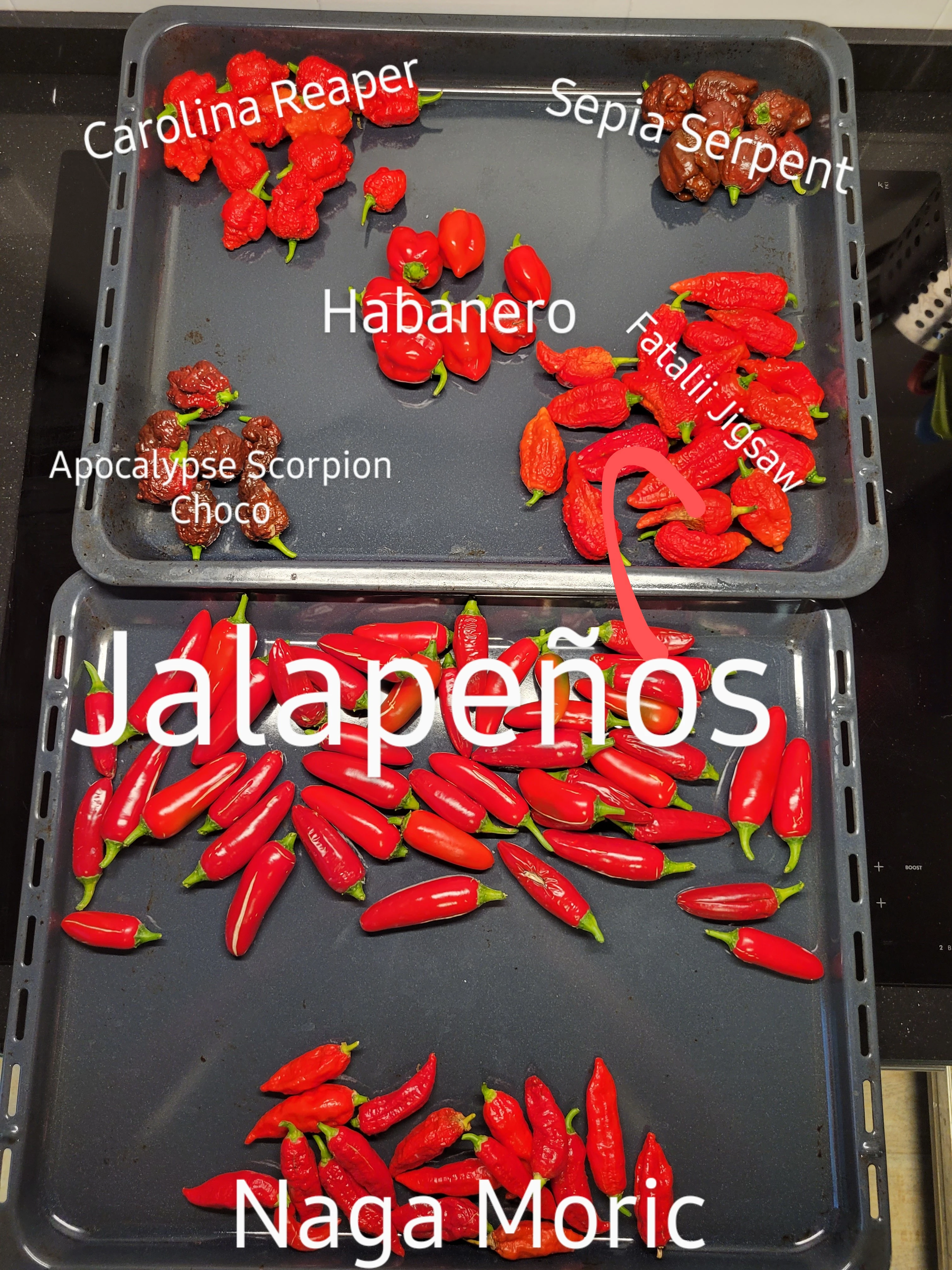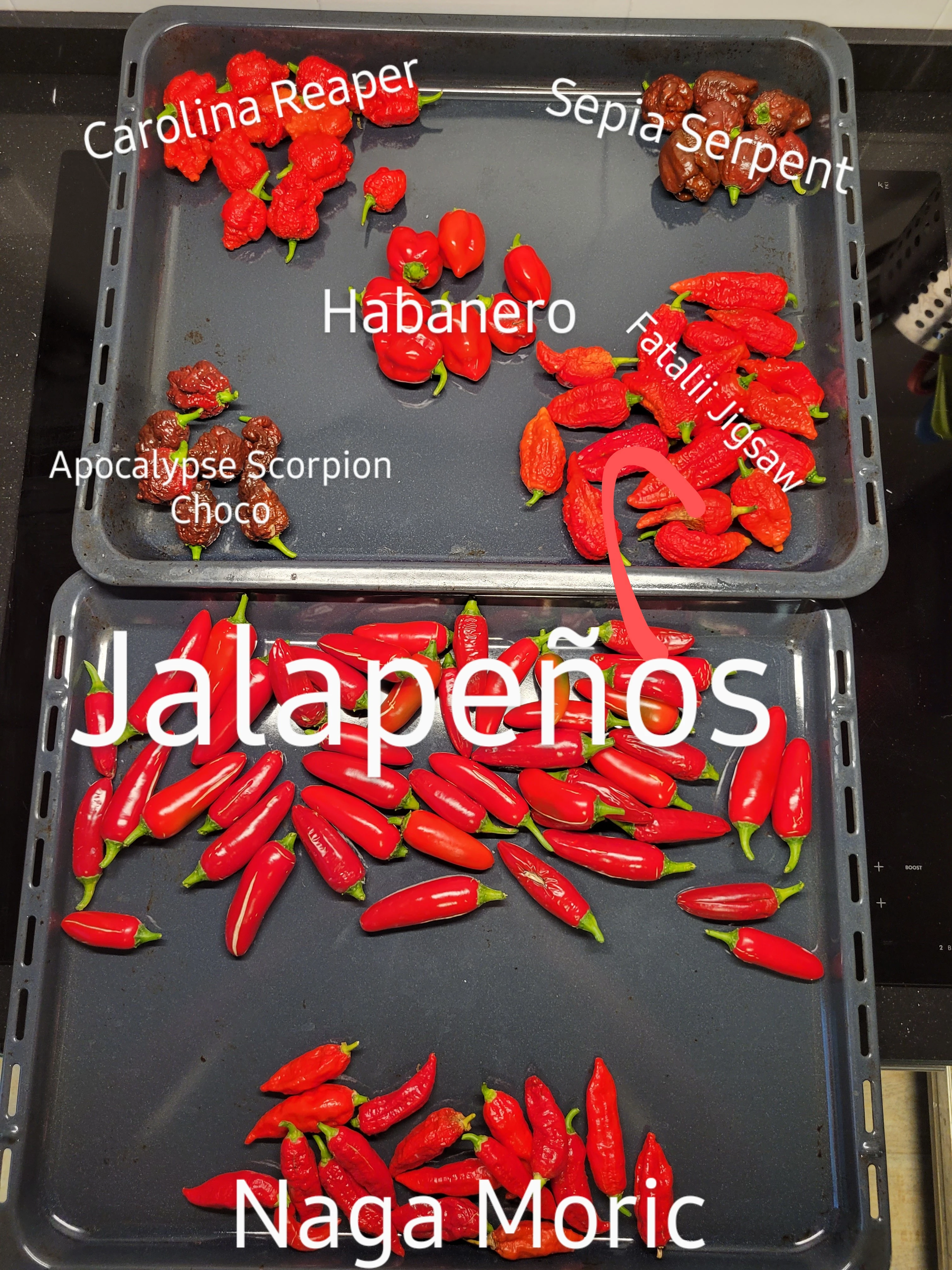I asked ChatGPT about a five years music theory and music education course from beginners (not necessarily children, but they would be the main focus for the first two to three years). There would be 30 lessons per year.
Thoughts?
Here's a breakdown of the knowledge that students should aim to achieve in each of the five years of the music theory and appreciation course, divided into music theory, music history, and ear training categories:
Year 1: Music Theory:
Introduction to staff notation and reading music in treble clef.
Understanding basic rhythms, including whole notes, half notes, quarter notes, and eighth notes.
Identification and understanding of major scales and key signatures.
Introduction to intervals (e.g., major 2nd, minor 3rd) and basic chord construction (major and minor triads).
Introduction to basic time signatures and simple meter.
Basic understanding of musical symbols, dynamics, and articulations.
Music History:
Overview of major music periods (e.g., Baroque, Classical, Romantic).
Introduction to significant composers and their works from each period.
Familiarity with key musical genres and forms (e.g., symphony, concerto, sonata).
Exploration of musical characteristics and stylistic elements from different periods.
Understanding the role of music in society and culture throughout history.
Ear Training:
Development of relative pitch and recognition of major and minor scales.
Identification of basic intervals (e.g., perfect 5th, major 3rd) by ear.
Recognition and reproduction of basic rhythms and melodic patterns.
Development of tonal memory and ability to sing or play back simple melodies.
Year 2: Music Theory:
Further exploration of key signatures, including minor keys and relative modes.
Introduction to diatonic chord progressions and basic harmonic analysis.
Understanding of more complex rhythmic patterns, including syncopation.
Introduction to melodic and harmonic minor scales and their applications.
Exploration of musical forms such as binary, ternary, and rondo.
Introduction to more advanced music notation, including dynamics, articulations, and expression marks.
Music History:
In-depth study of major composers and their significant works.
Exploration of specific musical styles within each period (e.g., Bach's fugues, Mozart's operas).
Understanding the historical and cultural context that influenced music of each period.
Study of important musical developments and innovations throughout history.
Introduction to non-Western music traditions and their unique characteristics.
Ear Training:
Development of pitch recognition through melodic dictation exercises.
Identification and reproduction of more complex intervals and chords.
Recognition and reproduction of rhythmic patterns with varying subdivisions.
Development of melodic dictation skills with longer and more intricate melodies.
Introduction to basic chord progressions and harmonizing simple melodies by ear.
Year 3: Music Theory:
Advanced harmonic analysis, including secondary dominants and modulations.
Introduction to chromaticism and altered chords.
Exploration of more advanced scales and modes (e.g., pentatonic, blues, whole-tone).
Introduction to counterpoint and voice leading principles.
Study of musical texture and orchestration techniques.
Introduction to musical analysis and score reading.
Music History:
Study of influential composers and compositions from different regions and cultures.
Exploration of musical nationalism and its impact on various music styles.
Understanding the development of opera and other vocal forms.
Investigation of significant music movements and their key figures (e.g., Impressionism, Expressionism).
Study of major works from the contemporary and modern music period.
Ear Training:
Advanced melodic and harmonic dictation exercises.
Identification and reproduction of complex chords and chord progressions.
Development of rhythmic dictation skills with polyrhythms and irregular meters.
Introduction to aural analysis of musical forms and structures.
Transcription of melodies and solos from recorded music.
Year 4: Music Theory:
Advanced modal harmony and modal mixture.
Exploration of extended and altered chords (e.g., seventh chords, suspended chords).
Introduction to advanced voice leading and counterpoint techniques.
Study of advanced forms and compositional techniques (e.g., fugue, sonata-allegro).
Understanding of chromatic harmony and chromatic modulation.
Music History:
In-depth study of contemporary and modern composers and their innovative works.
Exploration of experimental and avant-garde music.
Understanding of electronic music and its development.
Investigation of cross-cultural influences and fusion in contemporary music.
Study of film music and its role in enhancing storytelling.
Ear Training:
Advanced melodic and harmonic dictation with chromatic elements.
Recognition and reproduction of complex rhythmic patterns and polyrhythms.
Aural analysis of advanced musical forms and structures.
Transcription and analysis of complex melodies and solos.
Development of improvisation skills in different musical styles.
Year 5: Music Theory:
Advanced harmonic analysis and modulation techniques.
Study of advanced contrapuntal techniques and composition.
Exploration of non-functional harmony and atonality.
Understanding of post-tonal music and serialism.
Introduction to jazz harmony and improvisation.
Music History:
Study of contemporary music trends and movements.
Investigation of minimalism and post-minimalism.
Exploration of world music traditions and their integration into contemporary compositions.
Understanding of music in the digital age and its impact on composition and performance.
Overview of current music styles and trends.
Ear Training:
Advanced melodic and harmonic dictation in atonal and complex tonal contexts.
Recognition and reproduction of complex and extended chords.
Aural analysis of advanced rhythmic and metric structures.
Transcription and analysis of intricate melodies and solos from different genres.
Development of advanced improvisation skills in jazz and other contemporary styles.




What are you going on about?